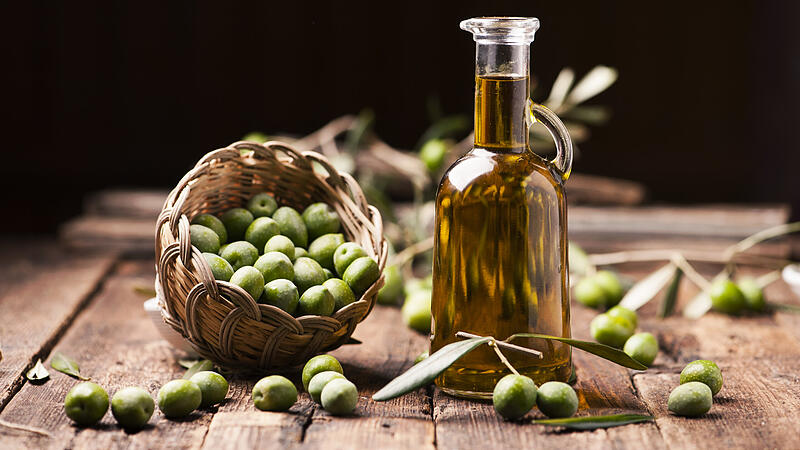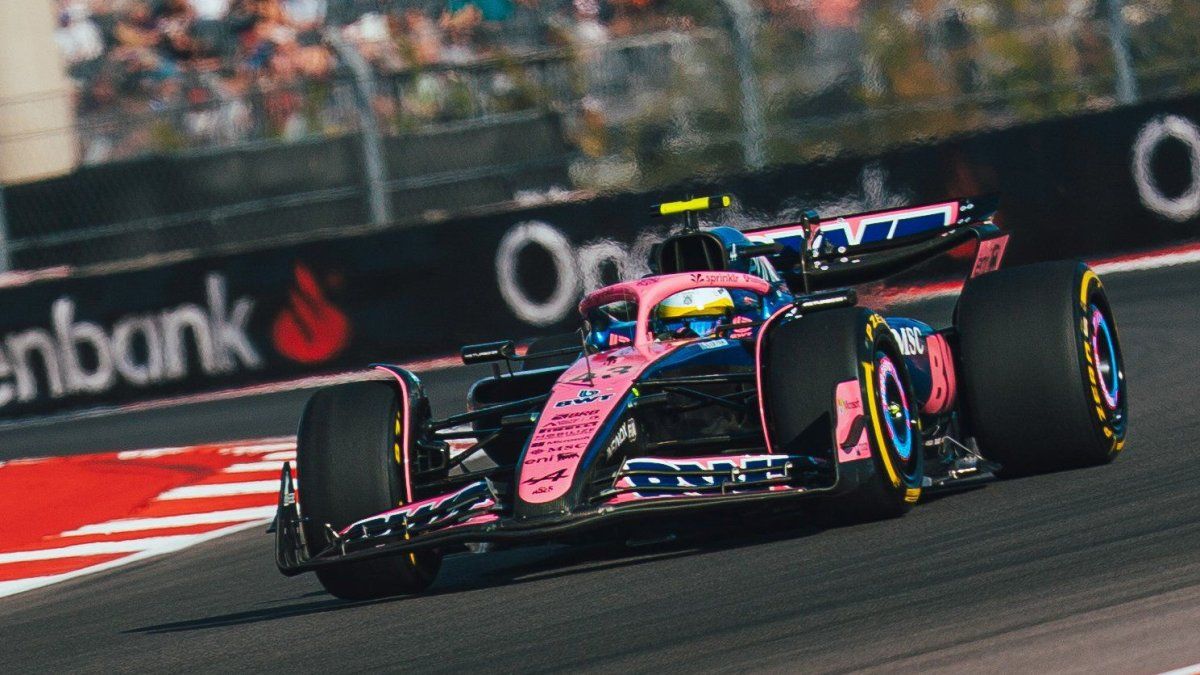Image: colourbox.de
The Viennese association AgroRebels has been scientifically examining for several years whether olive cultivation can be profitable here. Conclusion: Yes, it works. In cooperation with Markus Fink’s company Pannonia Palmen, the aim is to give the olive soil and the farmers a new perspective.
A few years ago, the Viennese association “AgroRebels” asked itself whether the olive could be cultivated in Austria. A research project was submitted and approved. The aim was “a kind of proof of concept as to whether the olive can be cultivated in Austria in such a way that it actually produces fruit,” says Fink, and whether it could produce enough yield to make the investment worthwhile for the farmer.
“What I had experience with at the time was the olive as an ornamental plant,” he says, and he was also already involved in the cultivation of palm trees in eastern Austria. In his original job as a technical physicist, he came across projects that aimed to cultivate vegetables on the ISS. So his interest was piqued and plants gradually turned from a hobby into a second source of income and finally more and more into a main profession.
Especially in eastern Austria
“We were then able to specify a few varieties that were very, very promising. We tried it in six different federal states in Austria. The only total failure was in Carinthia, because it had a very snowy winter there, all other locations were gone.” It is now clear: “In the entire east of Austria you can say that if you have a good slope and work the soil, we know varieties that work.” A concept based on climate change was born – it’s not for nothing that the AgroRebels website says: “powered by climate change”.
They dared to go public and approached the farmers. The whole thing takes place in cooperation between the club and Fink’s company. The AgroRebels advise the farmers. Any purchase of trees will then be made via Fink’s Pannonia palms. Farmers in the east of Lower Austria, around Vienna, in Burgenland and in southern Styria are particularly interested. There are currently around 30 partner farmers, most of whom grow the olive on previously fallow land, and around ten are added every year. Most of the trees are currently in Marchfeld. Some smaller farmers do it out of interest and conviction, “they start with plus or minus 50 trees,” but there are also larger ones. “Those who really want to make money and have space and resources start with 300 to 500 trees and add more.” The trees would bear fruit after seven to nine years, or even sooner.
There is a market for olive oil
Fink expects that there will definitely be a market for olive oil or pickled olives from Austria. “But it certainly won’t be the cheapest oil,” it is a niche product that must and will convince with the label “from Austria and organic and short transport routes.” Are there any considerations for further alternative products? Figs are now quite popular, and he also sees potential for pomegranates.
“The old thing doesn’t work anymore and there isn’t anything new yet” – the quote from a farmer from eastern Austria, which is increasingly struggling with drought, stayed in the back of Markus Fink’s mind for a long time, as he says. On Thursday evening, as part of the “Austrian Consumer Dialogues: Food” in Steyr, he will discuss the future of nutrition and whether there might already be something new with climate activist Lena Schilling and Martin Bäck from the Upper Austrian Chamber of Agriculture.
My themes
For your saved topics were
new articles found.

info By clicking on the icon you can add the keyword to your topics.
info
By clicking on the icon you open your “my topics” page. They have of 15 keywords saved and would have to remove keywords.
info By clicking on the icon you can remove the keyword from your topics.
Add the topic to your topics.
Source: Nachrichten




